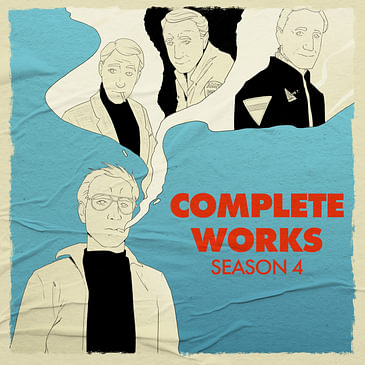This week, we've got Roy Scheider popping up for two scenes in director Irvin Kershner's LOVING, starring George Segal, Eva Marie Saint, and Sterling Hayden!
Related Episodes
Streets of Fire (1984) / The Core (2003)
It's time for a Mike Makes Mike Watch! This week, Smith is making Mike D catch up with Walter Hill's rock and roll fable, 1984's STREETS OF FIRE - meanwhile, Mike D is filling in a disaster movie blind spot for Smith with 2003's THE CORE!
Ep. 10 - The Seven-Ups (1973)
This week, Roy Scheider gets his first leading role in a pseudo-follow-up to THE FRENCH CONNECTION, 1973's THE SEVEN-UPS! Come for the grimy '70s New York City crime setting, stay for an all-timer car chase!
Off Mike - The Acolyte, Bad Boys: Ride or Die, A Quiet Place: Day One, and more!
It's time for a bonus Off Mike Discussions episode! This week, Mike D is watching a Dario Argento documentary and catches up with BAD BOYS: RIDE OR DIE and ABIGAIL, while Smith watched David Lean's BRIEF ENCOUNTER for the first time and has thoughts on HIT MAN, A QUIET PLACE: DAY ONE, and T...






